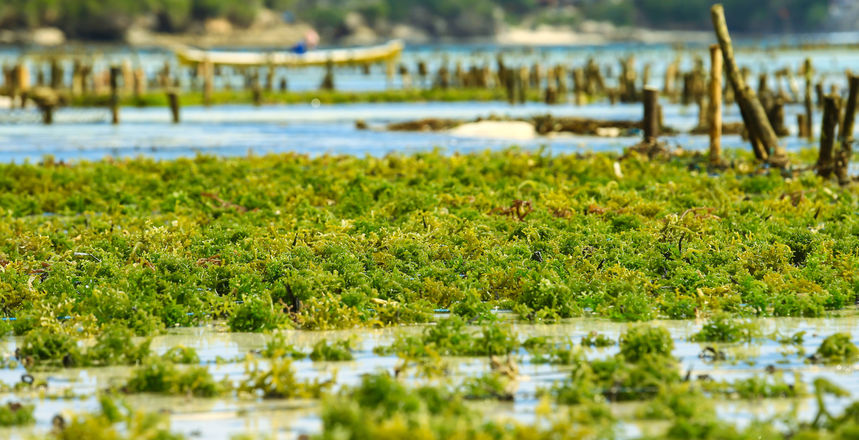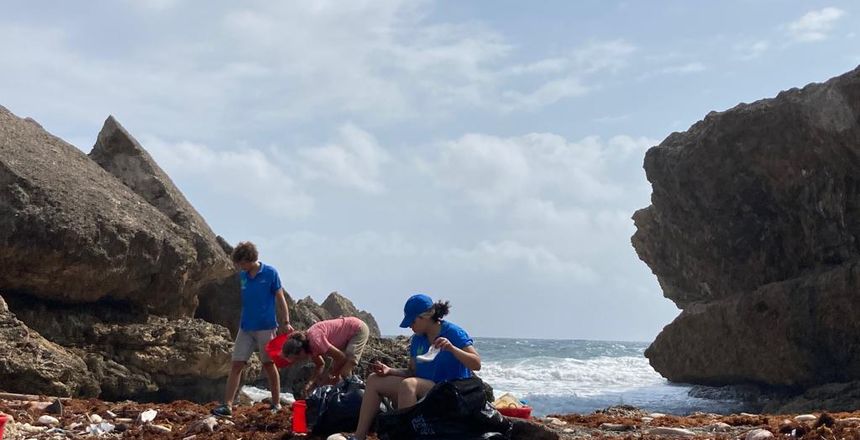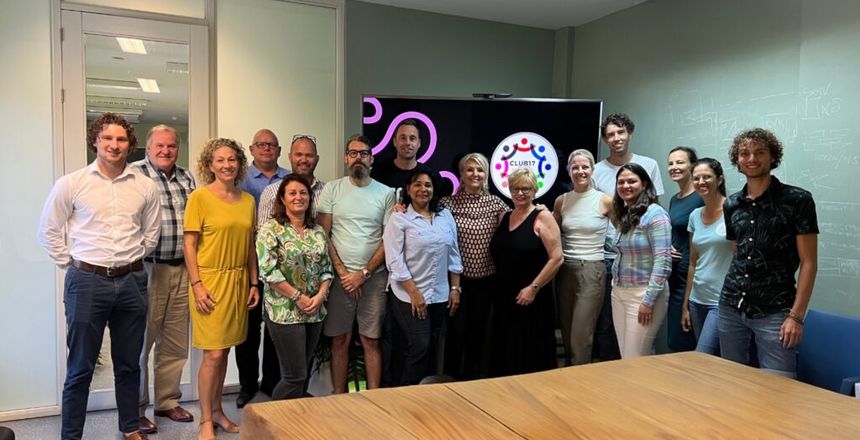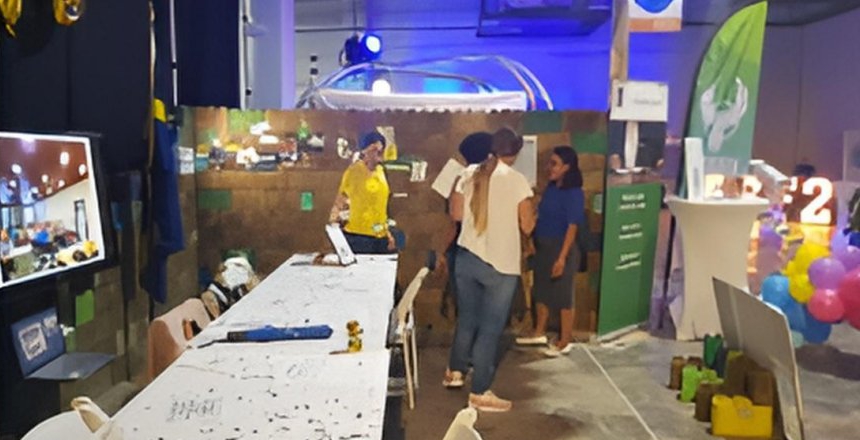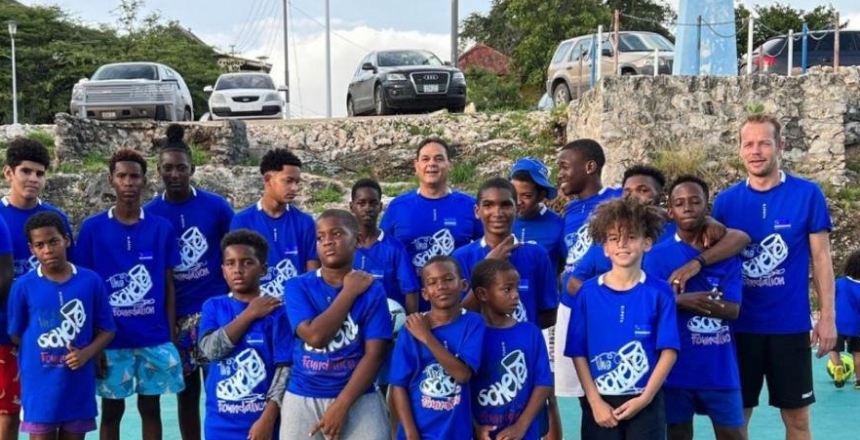Projects Sustainable Energy
2 min.
Several years ago, researchers and scientists from Wageningen University & Research in the European Netherlands initiated the exploration of the potential for large-scale algaculture on the island of Bonaire. Having wrapped up the first phase, the team has recently announced that it’s now ready to move on to the demo phase of their AlgaePARC project. For that, they need to develop a demonstration model, the development of which will require additional funding.
Research into algaculture in Bonaire
The focus of the algaculture research in Bonaire has been on the large-scale cultivation potential of so-called microalgae, a type of unicellular algae that is capable of photosynthesis and therefore essential for life on earth, and the development of this potential with the help of only local raw materials. The theory, for now, is that such a project could make the island more self-sustainable, as algae can play a revolutionary role in the production of food, the replacement of fossil fuels, and the strengthening of the local economy in general.
For the project in Bonaire, the research team is working with a type of microalgae called Picochlorum sp that is very common in the region, and which boasts good resilience against high temperatures, up to 47,5 degrees Celsius after going through a specific breeding process, and salt concentrations. On top of that, Picochlorum sp grows fast and up to 50% of its being consists of nutritional proteins.
Why algaculture?
It’s no coincidence that the potential of algaculture has attracted researchers to Bonaire. The Dutch Caribbean region is rich in terms of algae, and provides a potentially optimal location for the study and possibly even the cultivation of algae. Apart from the important role algae play in supporting life on our planet, they could also become a major bio alternative to fossil fuels in the not-too-distant future. Add to that its nutritional value for countless living species, including humans, and it’s not hard to see why Bonaire could benefit hugely from becoming a regional or even global algaculture hub. If its potential can be developed in an environmentally responsible way, algaculture could end up being a major economic driver for the island and the entire region.
At the moment, the team has built a prototype of a bioreactor on the island. The cultivation system has been given a V-shape, so that the entire reactor can float on the water in situations where temperatures are rising. The next step is the development of a fully functioning demonstration model of the reactor. For that, they are now appealing to, and in talks with, governments, corporations, and science benefactors who would be willing to help finance the demo model.
The AlgaePARC Bonaire project is already supported by the OCTA/EU (Overseas Countries and Territories/European Union) and the NWO (Nederlandse Wetenschapsorganisatie or Dutch Science Organization).
Interested in the AlgaePARC initiative? You can contact the organization here or get in touch with us at Future Islands here.
The basis for this article was originally published on www.dossierkoninkrijksrelaties.nl in February 2022.

